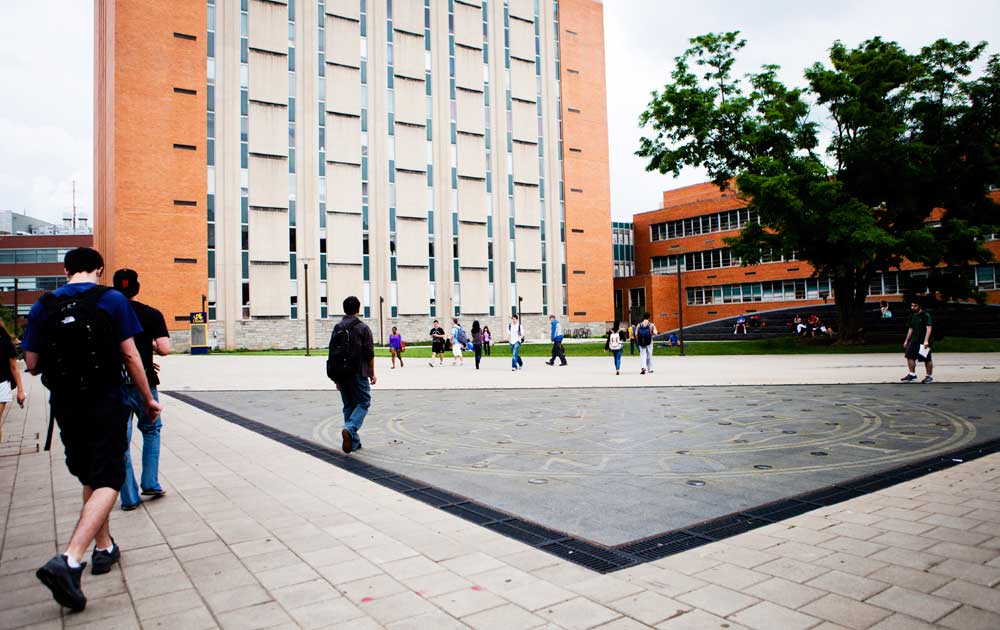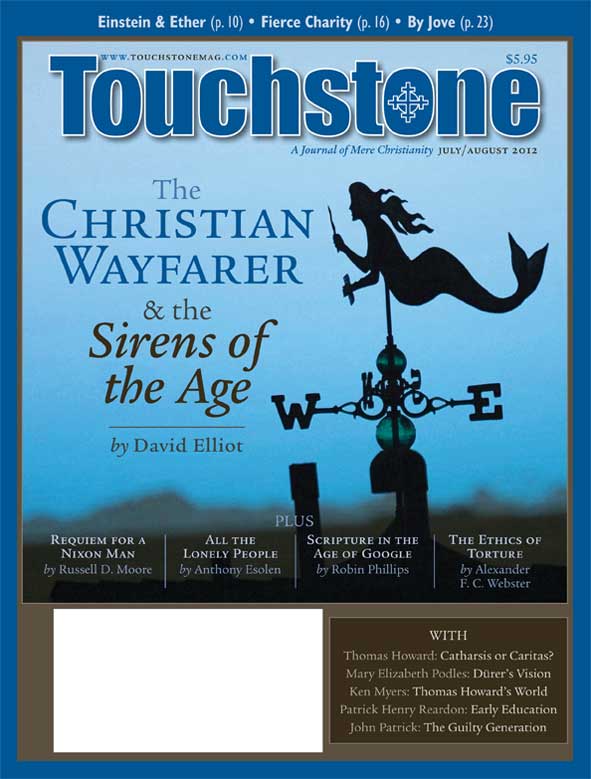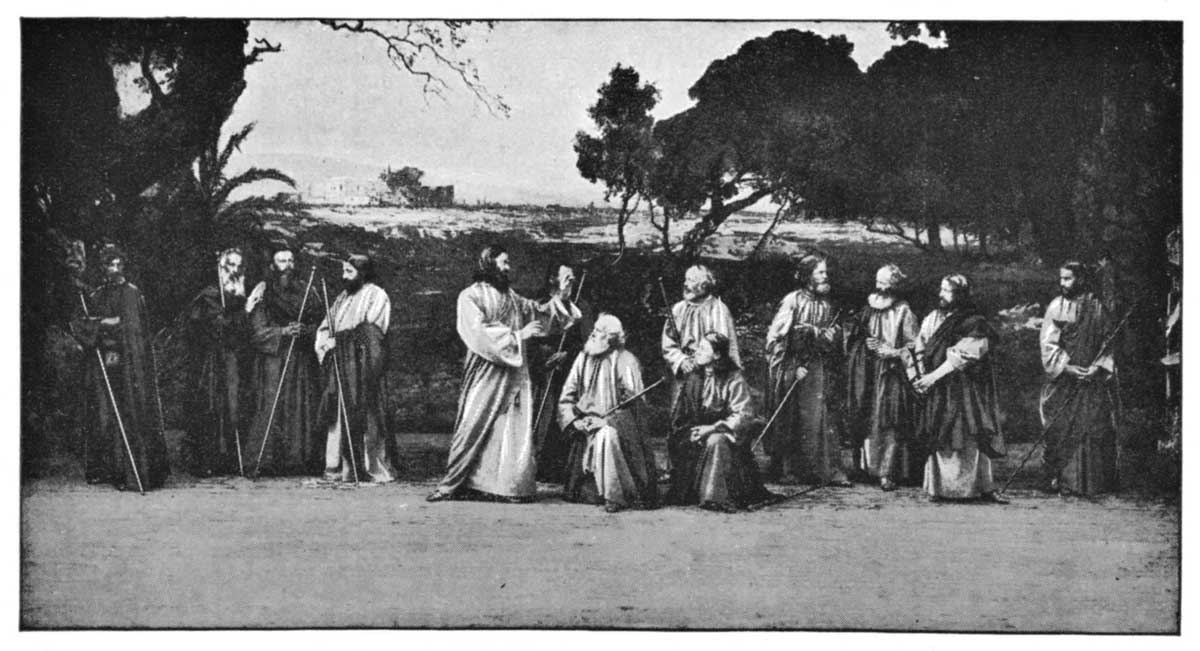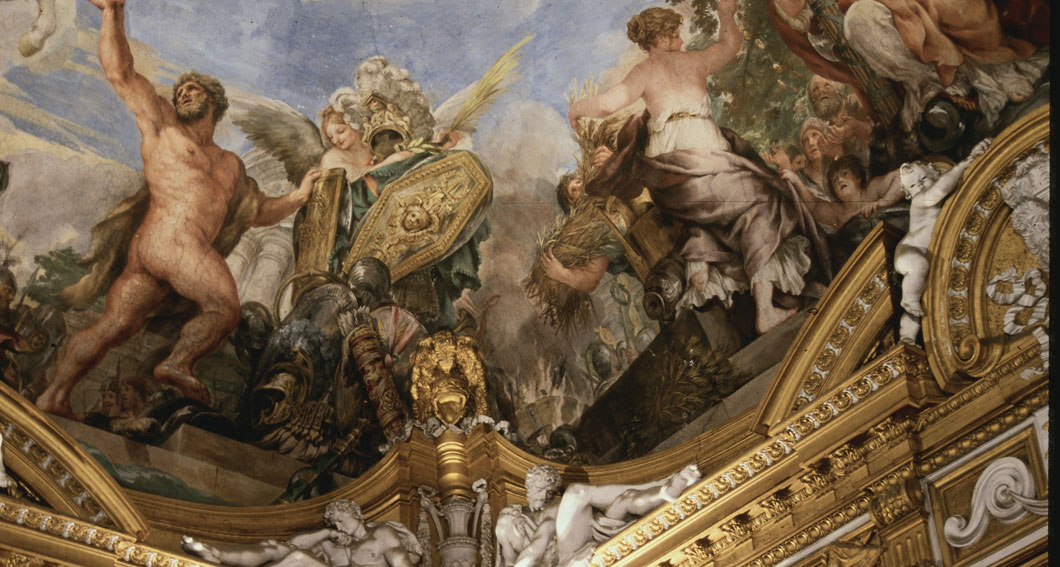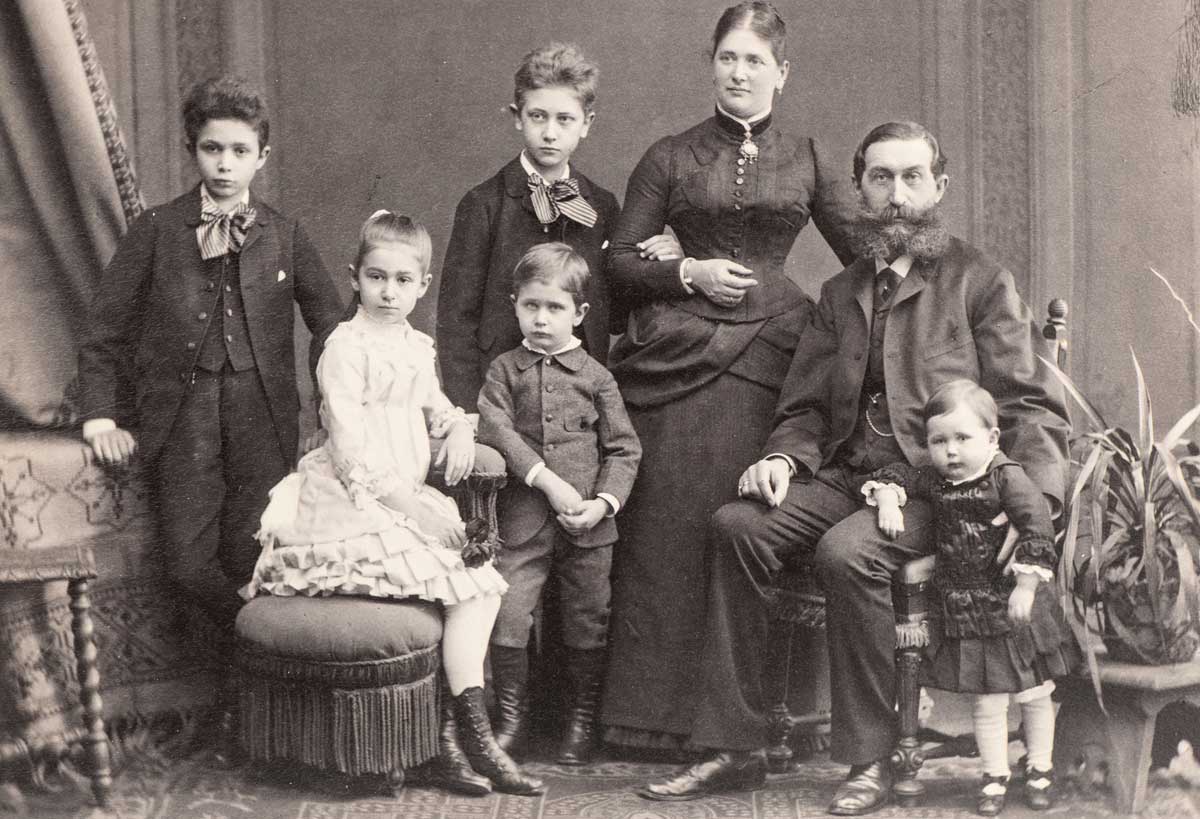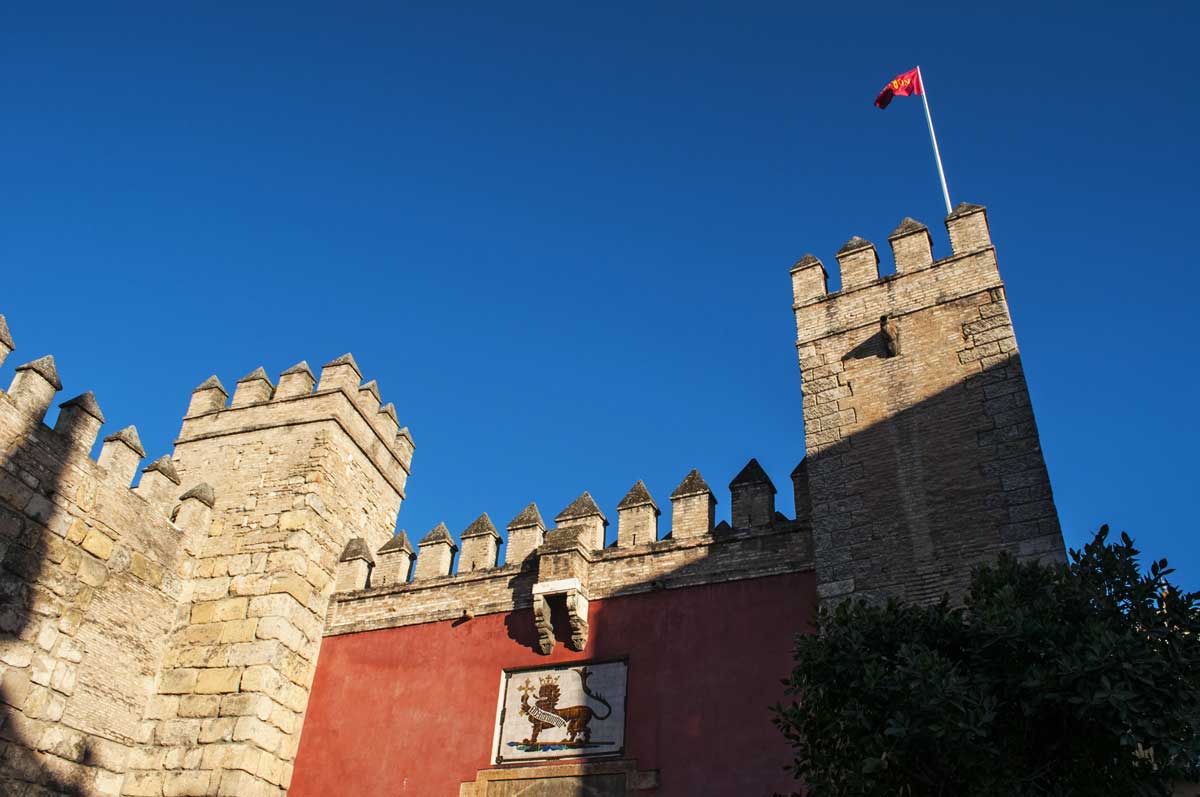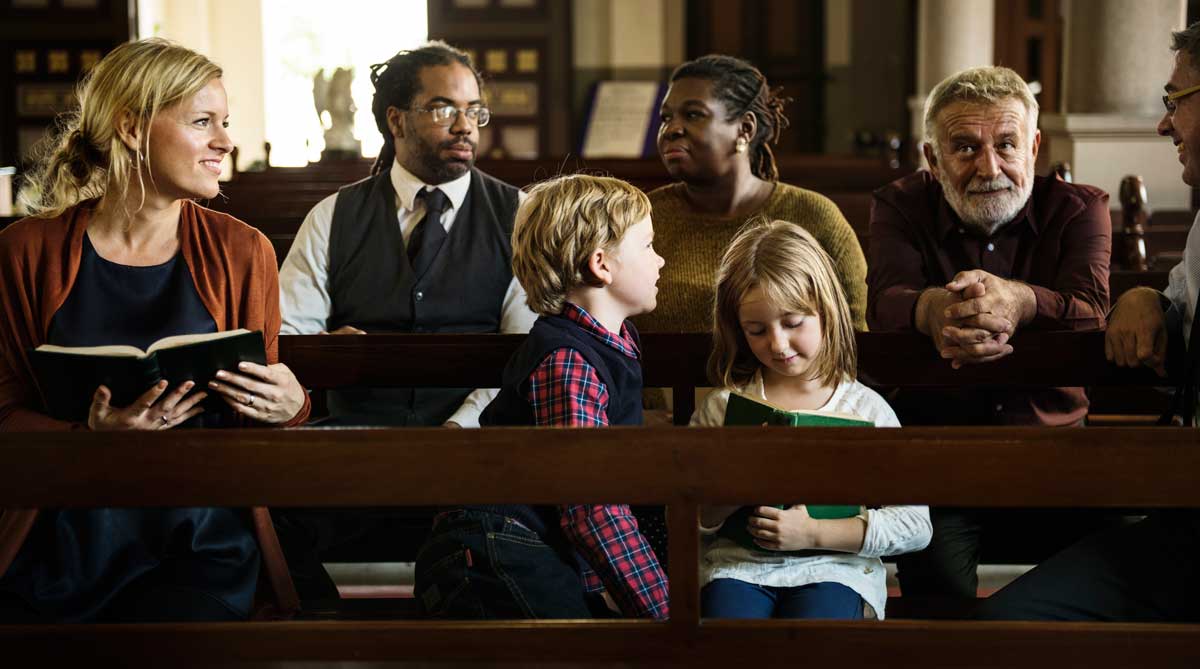Feature
All the Lonely People
The Corrosive & Far-Reaching Fallout of the Sexual Revolution
I have been thinking about loneliness. We assume it is a sorrow that afflicts unlucky people: those who have outlived their friends, who are painfully shy, or who have been abandoned by their families.
Would that it were only so. Central to human existence, says the court decision justifying the alienating of one's unborn children, is the right to determine for oneself the meaning of the universe. "I am myself alone," says the hunchback Richard of York, plotting the overthrow of his own brothers in his quest for a solitary and joyless crown. "From this time on I never will speak word," says Iago. He has accomplished his revenge against his captain, Othello, and now, facing torture and execution, declares himself alienated from the whole human race. "Myself am Hell," says Milton's Satan. That short sentence encapsulates the whole mystery of evil.
Ultimate Alienation
When Dante and Virgil are nearing the end of their first day on the slopes of Purgatory, they wonder how they should use the last hour of daylight to best profit. Dante looks round and sees a soul, all alone, and suggests that they ask him the best path to climb. The soul seems a man of dignity: he remains still, "as a lion / at rest will watch, and never turn his head." But if we suppose he is a solitary fellow, enjoying his separation from the rest of mankind, we are in for a surprise.
Virgil asks him about the road, and the man does not immediately reply, but asks his own question in turn, one whose answer will place the poets in a society: "Where were you from?" Virgil begins with the name of his native city, "Mantua," when the soul suddenly breaks in upon him: "O Mantoano, io son Sordello / della tua terra!" "We share one country, you of Mantua! / I am Sordello!" And the two embrace.
What follows is also remarkable. Dante suspends the narrative, and for the last 76 lines of the canto launches into a bitter invective against the Italian cities of his day, particularly his native Florence. Even in Purgatory, so far away, he says, that soul rose up in joy merely at the name of his native land, while back in the world of the living, people gnaw one another, "and so near / as those united by a wall and ditch!"
Dante illustrates for us the implications of violating Christ's first commandment, with its two axes of unity: "Thou shalt love the Lord thy God with all thy heart and soul and mind and strength," and "Thou shalt love thy neighbor as thyself." Sometimes the most elementary things are the hardest to see, just because we fog our minds with the excuses of egotism.
But here is the truth: Men are united with one another in their love for God; and sin bends us towards non-being, away from God and one another. That consequence is shown with terrible finality at the bottom of Hell, in the frozen sinkhole of the traitors. Only their heads stick up out of the ice, a traitor here, a traitor there, without any human connection; and in the two cases where we do see one traitor in physical contact with another, it is to make all the more manifest and painful their alienation. So Ugolino gnaws at the back of the brain of the archbishop Ruggieri who betrayed him, and the brothers Mangona, who slew one another, butt head to head without end, each battering himself against the visage of the man he should have loved but did not.
Sin Brings Loneliness
I recall these scenes to venture an axiom of human life. All sin is destructive not only of the individual soul, cramping it, wrenching it towards death. It is destructive also of human community. There is something essentially lonely in sin.
Anthony Esolen is Distinguished Professor of Humanities at Thales College and the author of over 30 books, including Real Music: A Guide to the Timeless Hymns of the Church (Tan, with a CD), Out of the Ashes: Rebuilding American Culture (Regnery), and The Hundredfold: Songs for the Lord (Ignatius). He has also translated Dante’s Divine Comedy (Random House) and, with his wife Debra, publishes the web magazine Word and Song (anthonyesolen.substack.com). He is a senior editor of Touchstone.
subscription options
Order
Print/Online Subscription

Get six issues (one year) of Touchstone PLUS full online access including pdf downloads for only $39.95. That's only $3.34 per month!
Order
Online Only
Subscription

Get a one-year full-access subscription to the Touchstone online archives for only $19.95. That's only $1.66 per month!
bulk subscriptions
Order Touchstone subscriptions in bulk and save $10 per sub! Each subscription includes 6 issues of Touchstone plus full online access to touchstonemag.com—including archives, videos, and pdf downloads of recent issues for only $29.95 each! Great for churches or study groups.
Transactions will be processed on a secure server.
more on sex from the online archives
more from the online archives
calling all readers
Please Donate
"There are magazines worth reading but few worth saving . . . Touchstone is just such a magazine."
—Alice von Hildebrand
"Here we do not concede one square millimeter of territory to falsehood, folly, contemporary sentimentality, or fashion. We speak the truth, and let God be our judge. . . . Touchstone is the one committedly Christian conservative journal."
—Anthony Esolen, Touchstone senior editor





